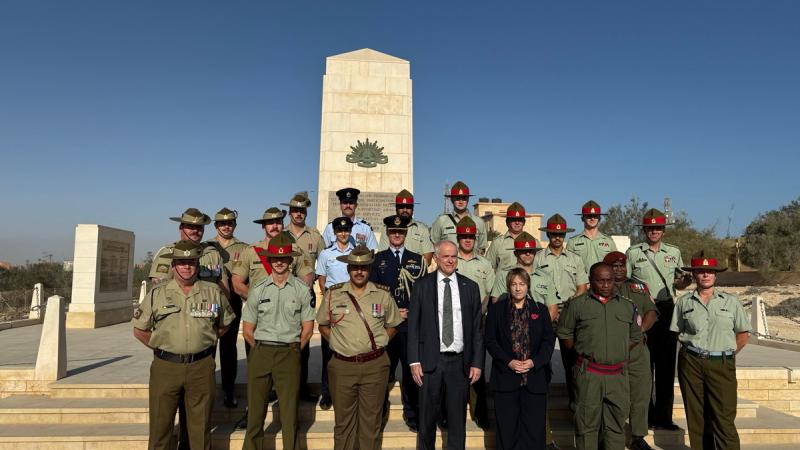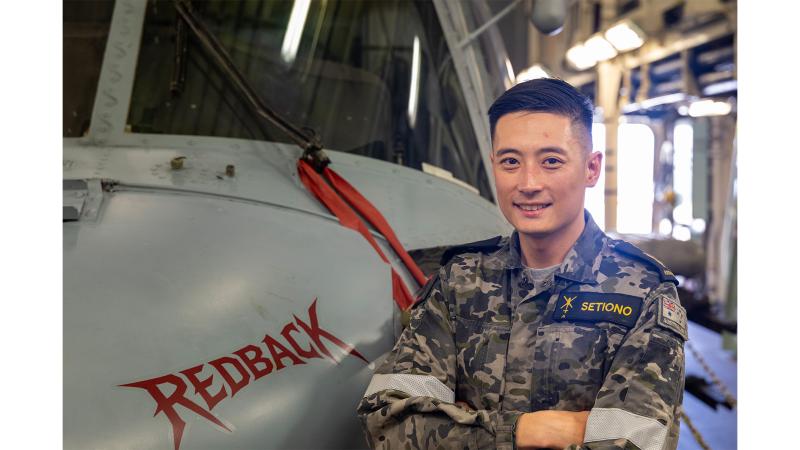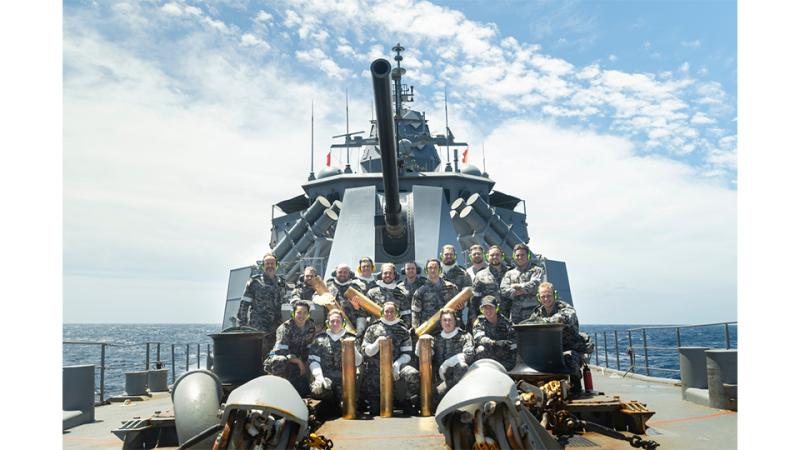29 September 2025
From trauma care to casualty evacuation, army medical specialists from Australia, Japan and the United States trained side by side in Japan during Exercise Orient Shield, honing vital medical skills.
The 30-strong Australian medical contingent included surgeons, radiologists, anaesthetists, nurses and medical technicians.
Intensive care nurse from 4th Health Battalion, Major Adam Wallace, participated within the Role Three field hospital patient administration section.
While he has experience deploying with United States forces in Iraq, he said the exercise was a valuable opportunity to bridge the language barrier and rehearse trilateral procedures.
“Here I was able to integrate with both the Americans and Japanese to understand their concepts of patient movement, which is a little bit different to the way we do things back in Australia,” Major Wallace said.
“The benefit is understanding each other, so that if we ever had to step up for a strategic purpose, we have already worked out the complexities to consolidate the way we work and communicate.”
'This knowledge-sharing is what enables us to better integrate in the future.'
The reservist who works at Mareeba Hospital as a nurse educator in his civilian role, said there were intricacies involved operating in the field environment.
“Field nursing means you haven't got everything in the toolbox at your disposal, so you have to make do and adapt, using different types of equipment to achieve the same task that in the city we take for granted,” Major Wallace said.
Medical training serials ranged from mass casualty scenarios, patient triage and walking blood banks, to simulated surgeries, CT scans and aeromedical evacuations.
Major Phoebe Portlock, of 2nd Health Battalion, worked within the joint command centre and said the level of integration from establishment through to the drawdown of the exercise was invaluable.
“We've had a fantastic opportunity to integrate the Australian contingent with our Japanese and American health professionals within all of the departments - it's been amazing to learn and work with them,” Major Portlock said.
“We're able to understand how they set up their hospitals and learn their procedures, and this knowledge-sharing is what enables us to better integrate in the future.”


